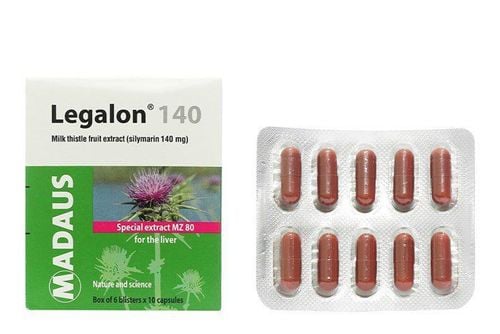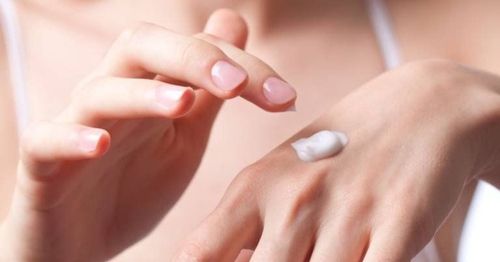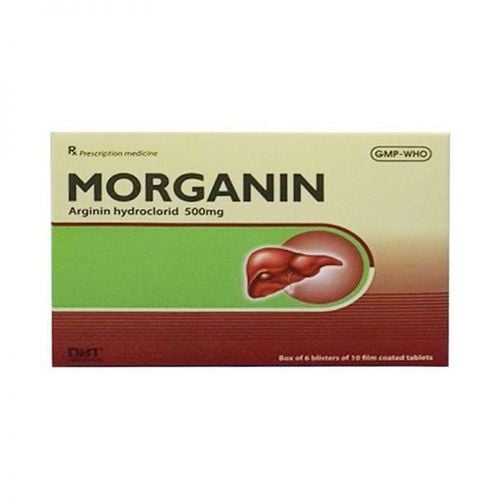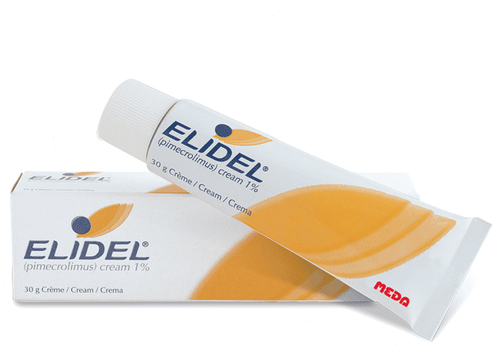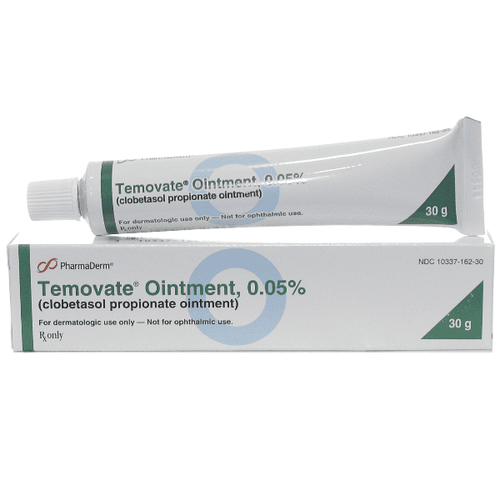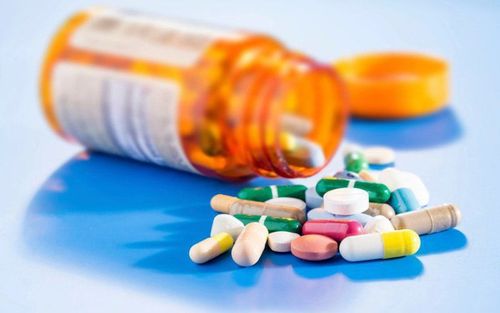This is an automatically translated article.
Livgan Inj drug is used in the treatment of chronic hepatitis, in addition to helping to treat dermatological diseases such as urticaria, eczema and dermatitis. The following article will summarize more information about the dosage and uses of Livgan Inj.
1. What is Livgan Inj?
Livgan Inj is a drug for the treatment of diseases such as dermatitis, eczema, chronic hepatitis, ... The drug is prepared in the form of a solution for injection, intravenous infusion, with two capacities of 10 ml and 20 ml.
Livgan Inj drug is made up of a mixture of Glycyrrhizin and two amino acids, respectively, Glycin and L - cysteine. Glycyrrhizin is a saponin-like compound, the active substance commonly found in plant stem. Glycyrrhizin is extracted from licorice root, has a cooling effect on the liver, anti-inflammatory and clearing heat. The combination of the amino acids Glycin and L - cysteine helps to fight allergies and reduce fibrosis in the liver.
2. What are the effects of Livgan Inj?
Livgan Inj drug is made up of three compounds Glycyrrhizin 40 mg, Glycin 400 mg, L - cysteine 20 mg and other excipients with enough two solution volumes of 10 ml and 20 ml. The drug is used to treat chronic hepatitis and improve liver dysfunction, besides helping to treat dermatological problems such as dermatitis, eczema or urticaria.
The effects of the main active ingredients in Livgan Inj are listed as follows:
With the pharmaceutical ingredient Glycyrrhizin:
Anti-inflammatory and suppressing allergy symptoms Regulating the immune system such as increasing interderon G, activating cells or promote the differentiation of macrophages of T cells outside the thymus. Prevent damage to liver cells Antiviral by inhibiting their proliferation and inactivating them With two amino acids Glycin and L - cysteine:
Proliferative proteins to help fight fibrosis and increase hepatocyte proliferation in case of liver damage Helps reduce unwanted side effects of Glycyrrhizin Livgan Inj is indicated for use in the following cases:
Treatment of chronic hepatitis and improvement of liver dysfunction. . Treatment of allergic, inflammatory skin problems such as eczema, dermatitis or urticaria.
3. Usage of Livgan Inj
3.1. How to use Livgan Inj Livgan Inj is produced in the form of a solution for intravenous infusion, so patients use it by injection or intravenous infusion. Use of Livgan Inj drug requires the direction and prescription of a doctor.
3.2. Dosage of Livgan Inj Reference dosage for adults: Inject from 5 to 20 ml once a day. Depending on age and acquired symptoms, the dose of Livgan Inj can be adjusted. Reference dosage for hepatitis patients: Injection or intravenous infusion of 40 to 60 ml once a day. Consider dose adjustment according to response and disease status. The maximum dose of Livgan Inj in a day is not more than 100 ml. Reference dosage for pediatric patients: The use of Livgan Inj is not recommended for this population, due to insufficient clinical research on its effects. Use with caution in elderly patients. In the drug Livgan Inj, there is a component Glycyzzhizin that causes hypokalemia, which may affect this subject. 3.3. Treatment for forgetting, overdosing Missed dose: When you forget a dose of Livgan Inj, use it when you remember it. Do not inject two doses to make up the dose.
Overdose: There have been no reports of an overdose of Livgan Inj. However, if serious symptoms occur, any suspicion related to drug overdose, contact the clinic or medical facility for advice and treatment.
3.4. Contraindications Livgan Inj Patients with a history of hypersensitivity to Glycyrrhizin or any of the ingredients contained in the drug. The patient is tested and diagnosed with hyperaldosteronism. The patient has muscle pain, tissue pain or low blood potassium levels. Livgan Inj is contraindicated in pregnant and lactating women.
4. Notes when using Livgan Inj
4.1 Side effects of Livgan Inj When using Livgan Inj, patients may experience unwanted side effects including:
Serious reactions such as shock or anaphylaxis during injection and infusion of the drug. Characteristic manifestations include: shortness of breath, hypotension, especially heart failure,.. Closely monitor patients during injection and infusion. In case of abnormal symptoms, stop using the drug and treat it promptly. Pseudo-aldosteronism due to electrolyte imbalance may occur in case of prolonged use. A risk of decreased blood potassium levels has been reported with Livgan Inj. Patients may experience increased blood pressure, headache, dizziness, and fatigue. 4.2 Livgan Inj Drug Interactions Concurrent use of Livgan Inj with diuretics may increase potassium diuresis, thereby reducing serum potassium levels. Medicinal products containing Glycyrrhizin when used together with Livgan Inj may cause symptoms of pseudo-aldosteronism or rhabdomyolysis. 4.3 Storage of Livgan Inj Medicines Store Livgan Inj in a cool, dry place.
The appropriate storage temperature for Livgan Inj is below 25 degrees Celsius
Keep Livgan Inj out of the reach of children; pets
Livgan Inj is a prescription medicine for hepatitis and dermatological diseases. The process of injecting Livgan drug requires the supervision of a doctor. Patients follow the instructions for use and do not self-inject drugs.




